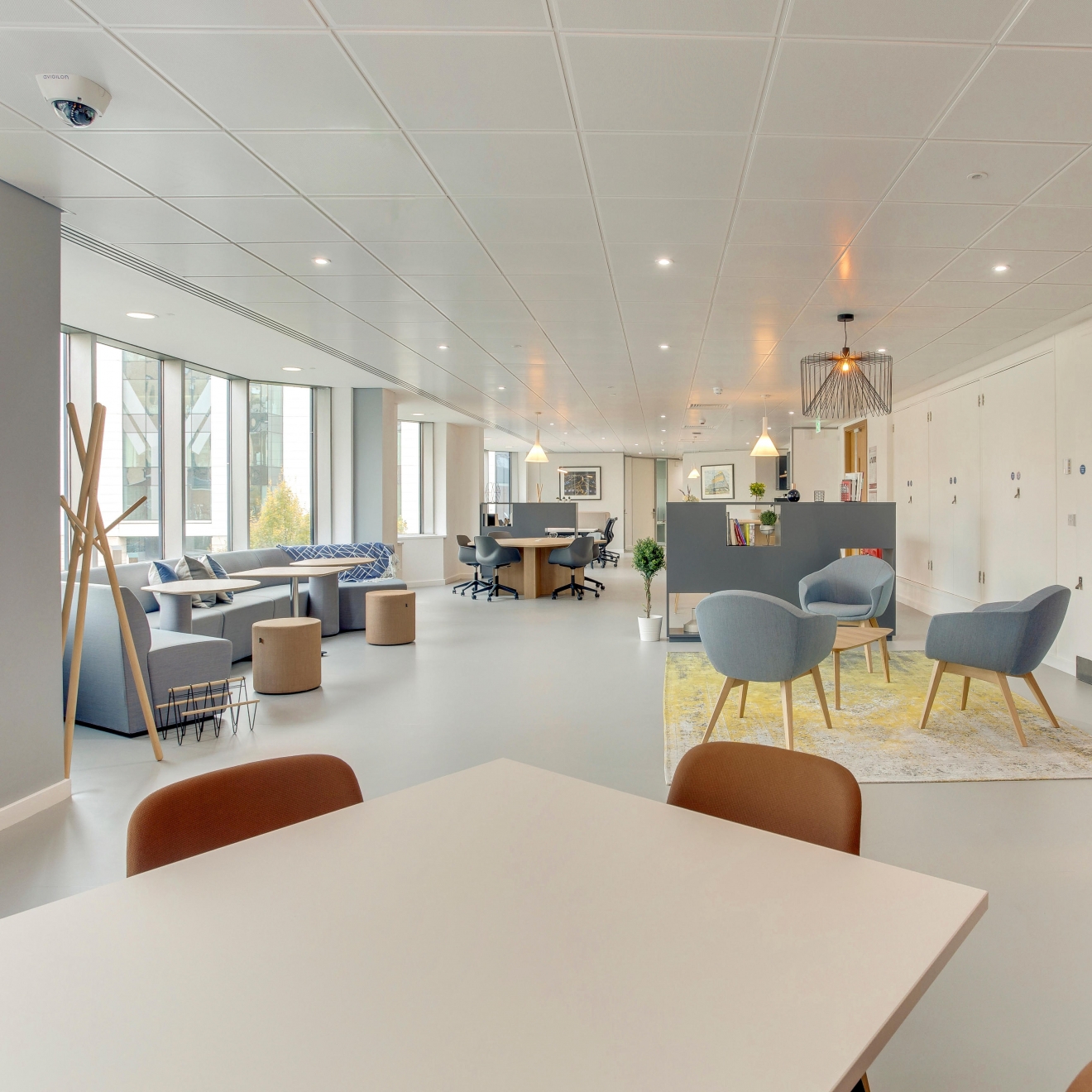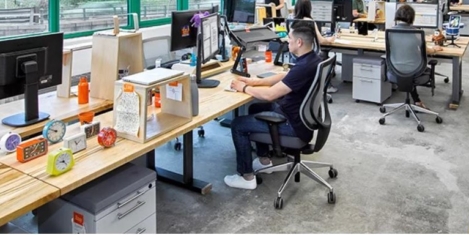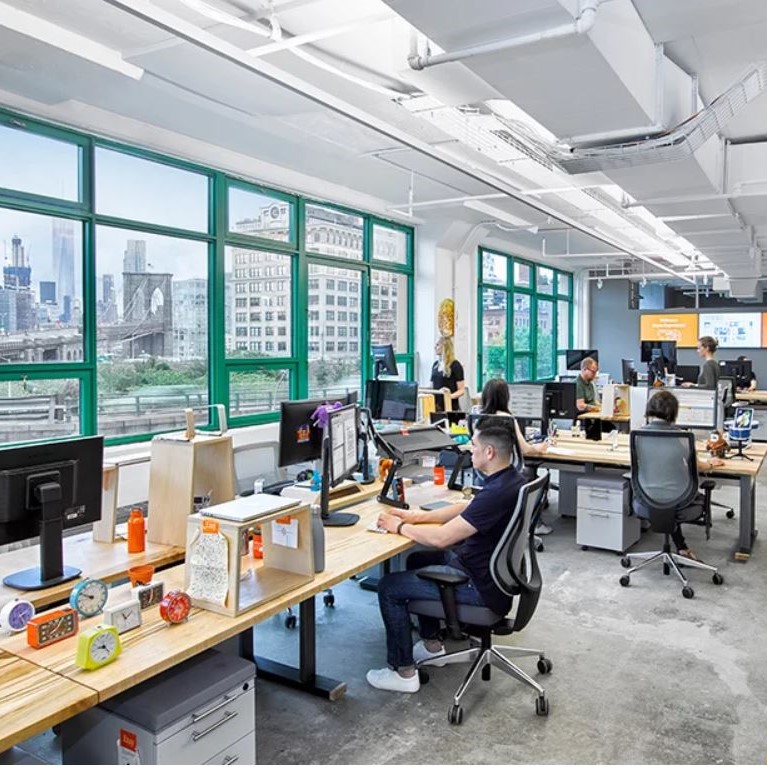To provide the best experiences, we use technologies like cookies to store and/or access device information. Consenting to these technologies will allow us to process data such as browsing behaviour or unique IDs on this site. Not consenting or withdrawing consent, may adversely affect certain features and functions.
The technical storage or access is strictly necessary for the legitimate purpose of enabling the use of a specific service explicitly requested by the subscriber or user, or for the sole purpose of carrying out the transmission of a communication over an electronic communications network.
The technical storage or access is necessary for the legitimate purpose of storing preferences that are not requested by the subscriber or user.
The technical storage or access that is used exclusively for statistical purposes.
The technical storage or access that is used exclusively for anonymous statistical purposes. Without a subpoena, voluntary compliance on the part of your Internet Service Provider, or additional records from a third party, information stored or retrieved for this purpose alone cannot usually be used to identify you.
The technical storage or access is required to create user profiles to send advertising, or to track the user on a website or across several websites for similar marketing purposes.
 Two surveys have highlighted continuing fears among freelancers about the changes to the IR35 rules due to take effect in April. The reforms will shift the responsibility for defining contractors’ tax status from the individual to the employer to crack down on so-called ‘disguised employment’, where off-payroll workers are able to pay less tax than employees. However, concerns have been raised that the rules could force organisations to bring genuine contractors and freelancers on to the payroll, reducing flexibility for both parties. More →
Two surveys have highlighted continuing fears among freelancers about the changes to the IR35 rules due to take effect in April. The reforms will shift the responsibility for defining contractors’ tax status from the individual to the employer to crack down on so-called ‘disguised employment’, where off-payroll workers are able to pay less tax than employees. However, concerns have been raised that the rules could force organisations to bring genuine contractors and freelancers on to the payroll, reducing flexibility for both parties. More →






 The UK’s ‘alternative workers’, comprising gig economy workers, freelancers and contractors, have cited lack of pay, benefits and job security as their most significant concerns in new research. Yet according to
The UK’s ‘alternative workers’, comprising gig economy workers, freelancers and contractors, have cited lack of pay, benefits and job security as their most significant concerns in new research. Yet according to 
























January 3, 2020
Burnout remains a risk for workers of all generations
by Brendan Street • Comment, Wellbeing